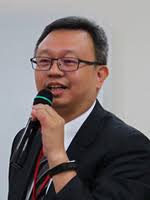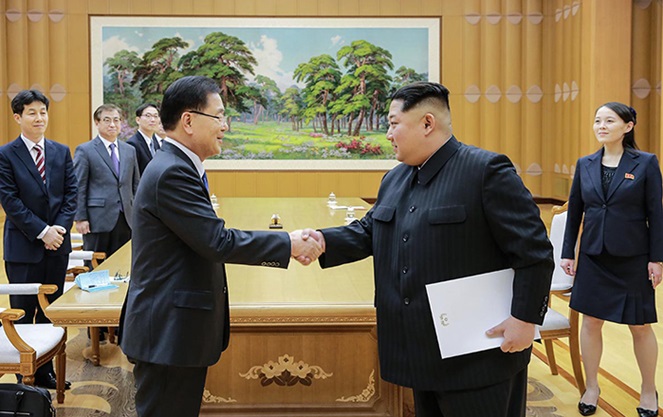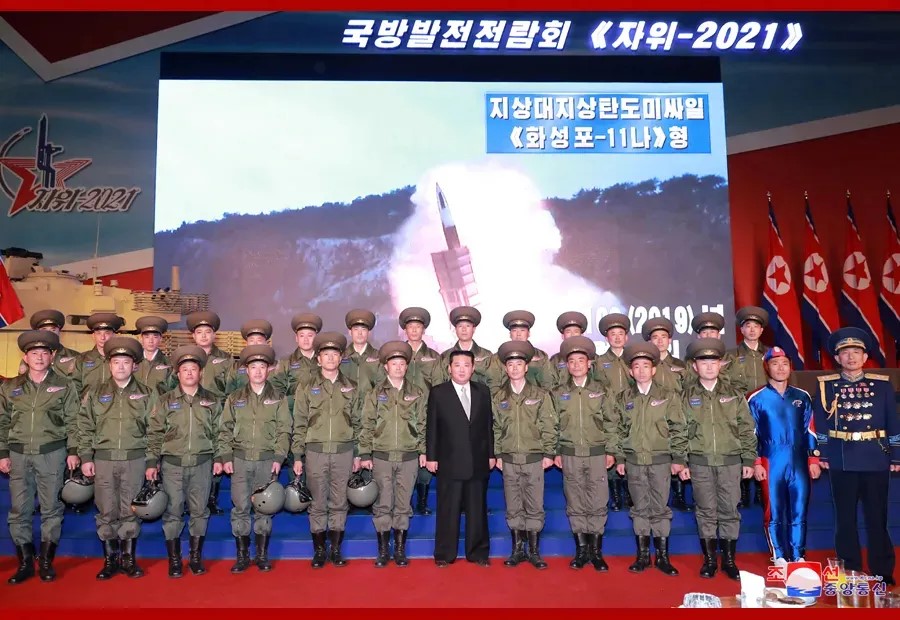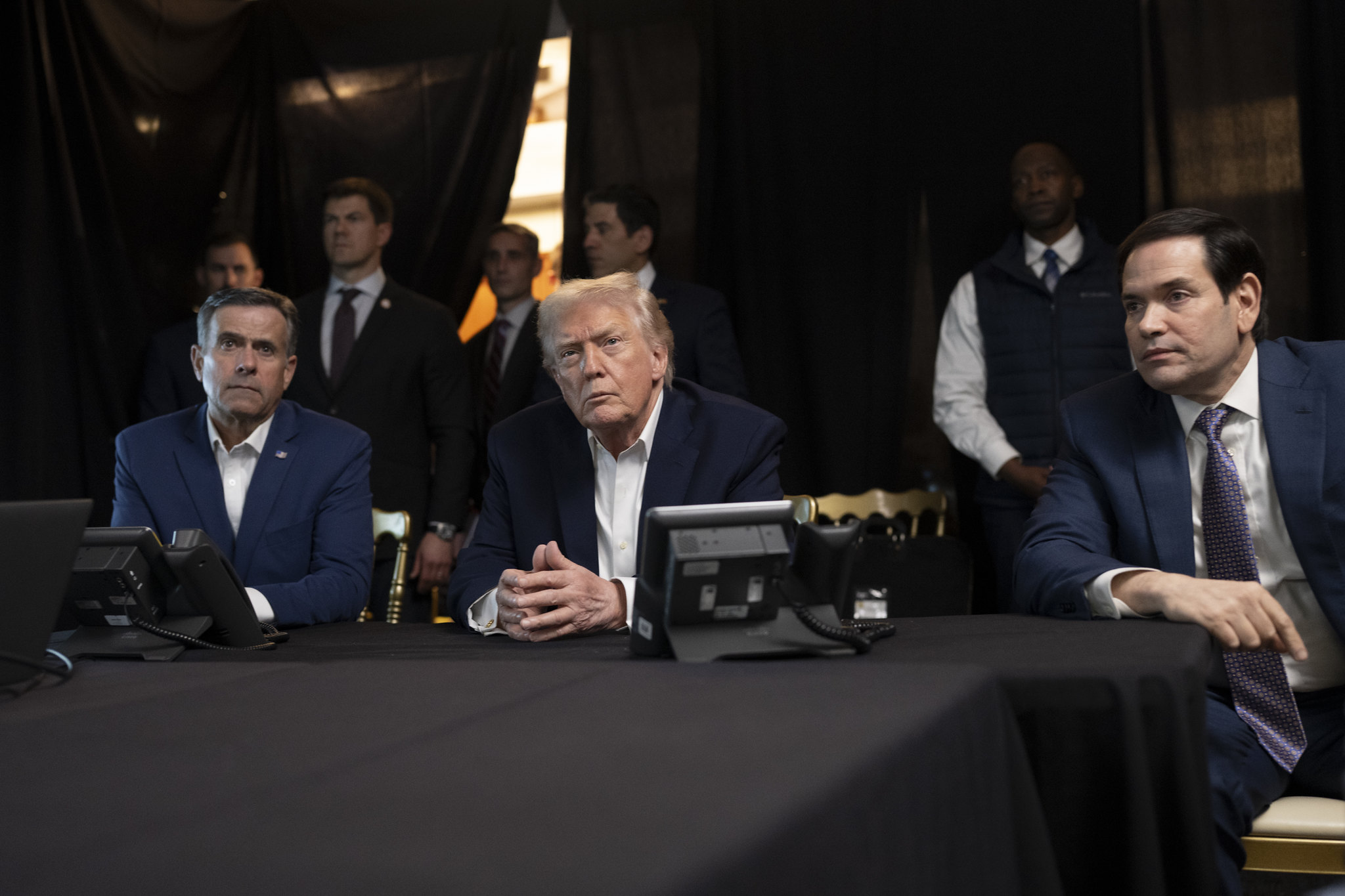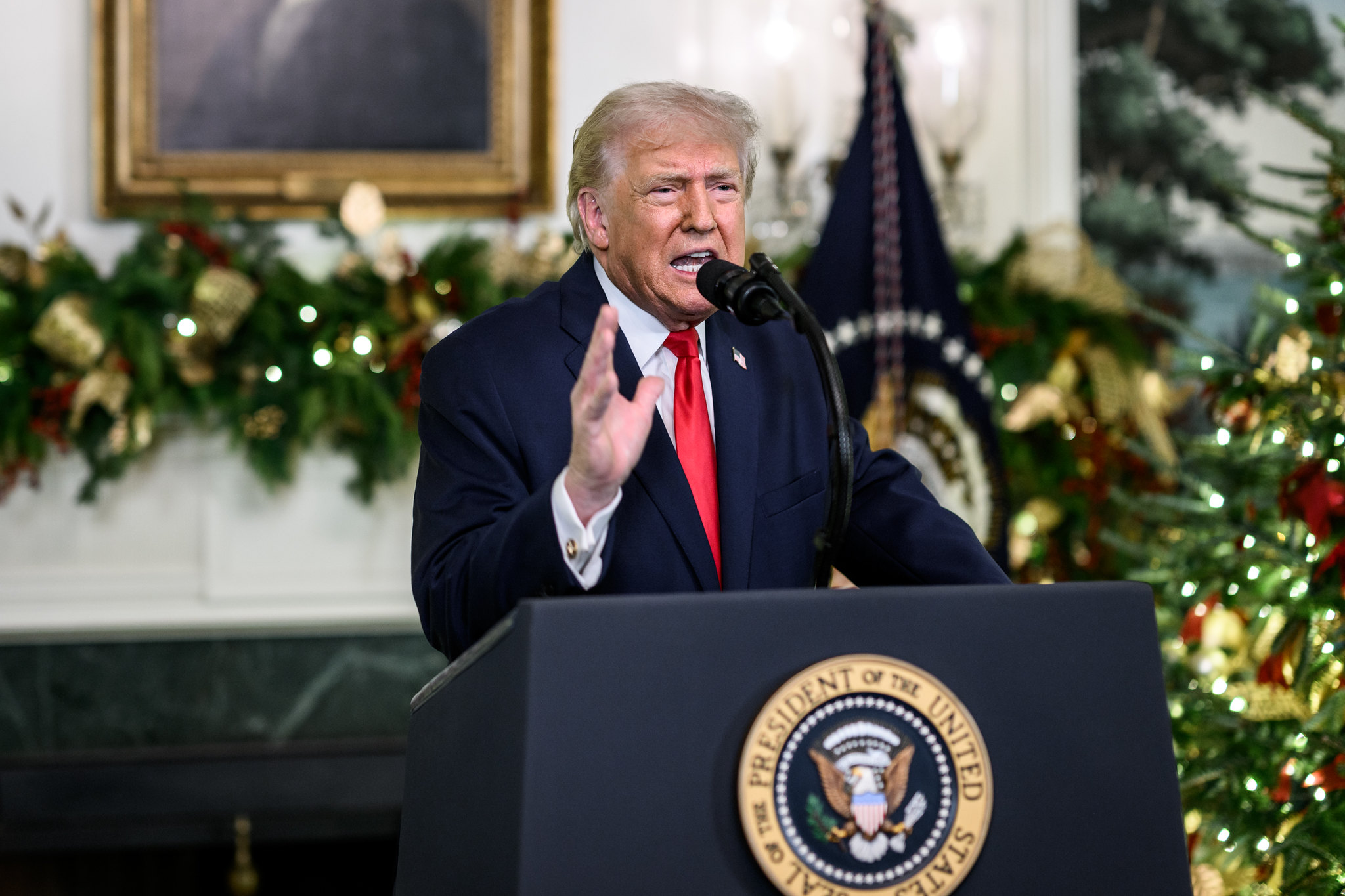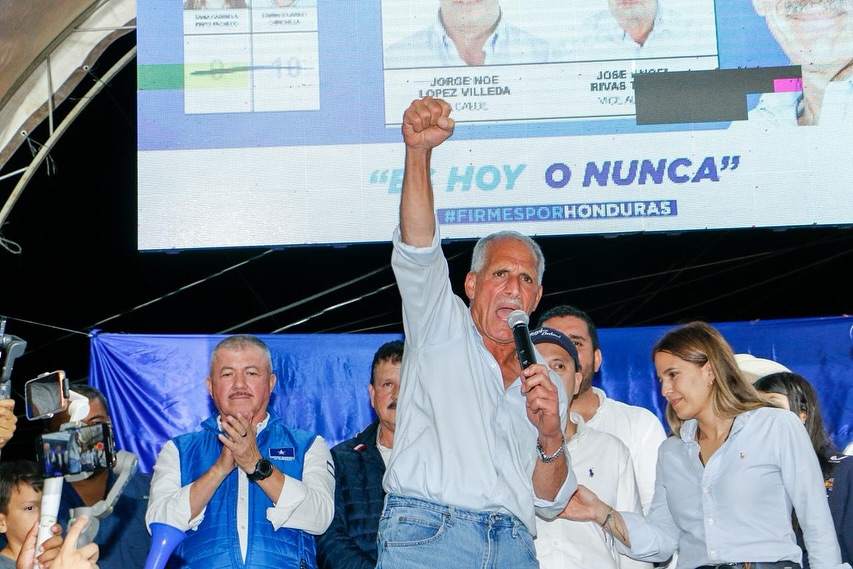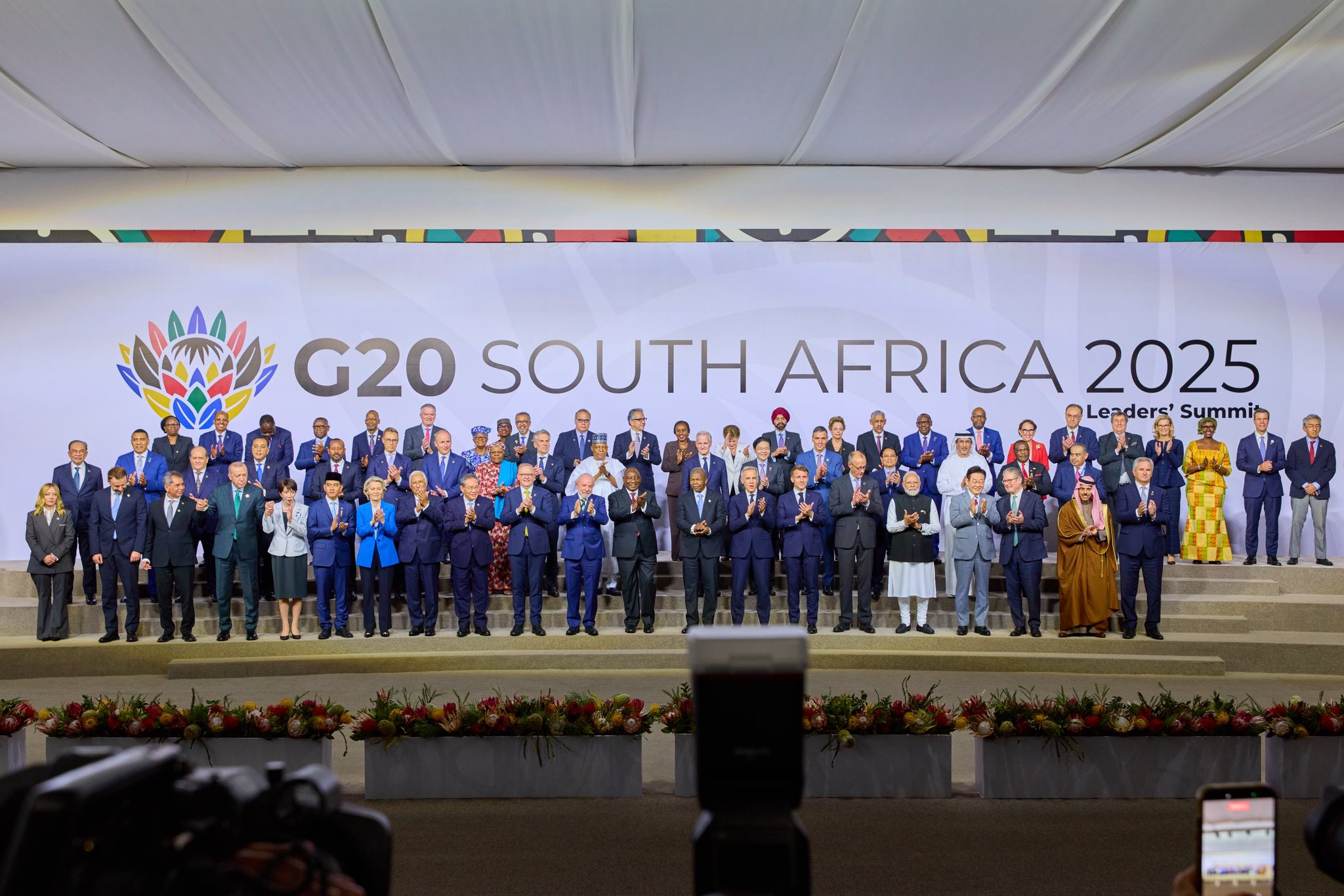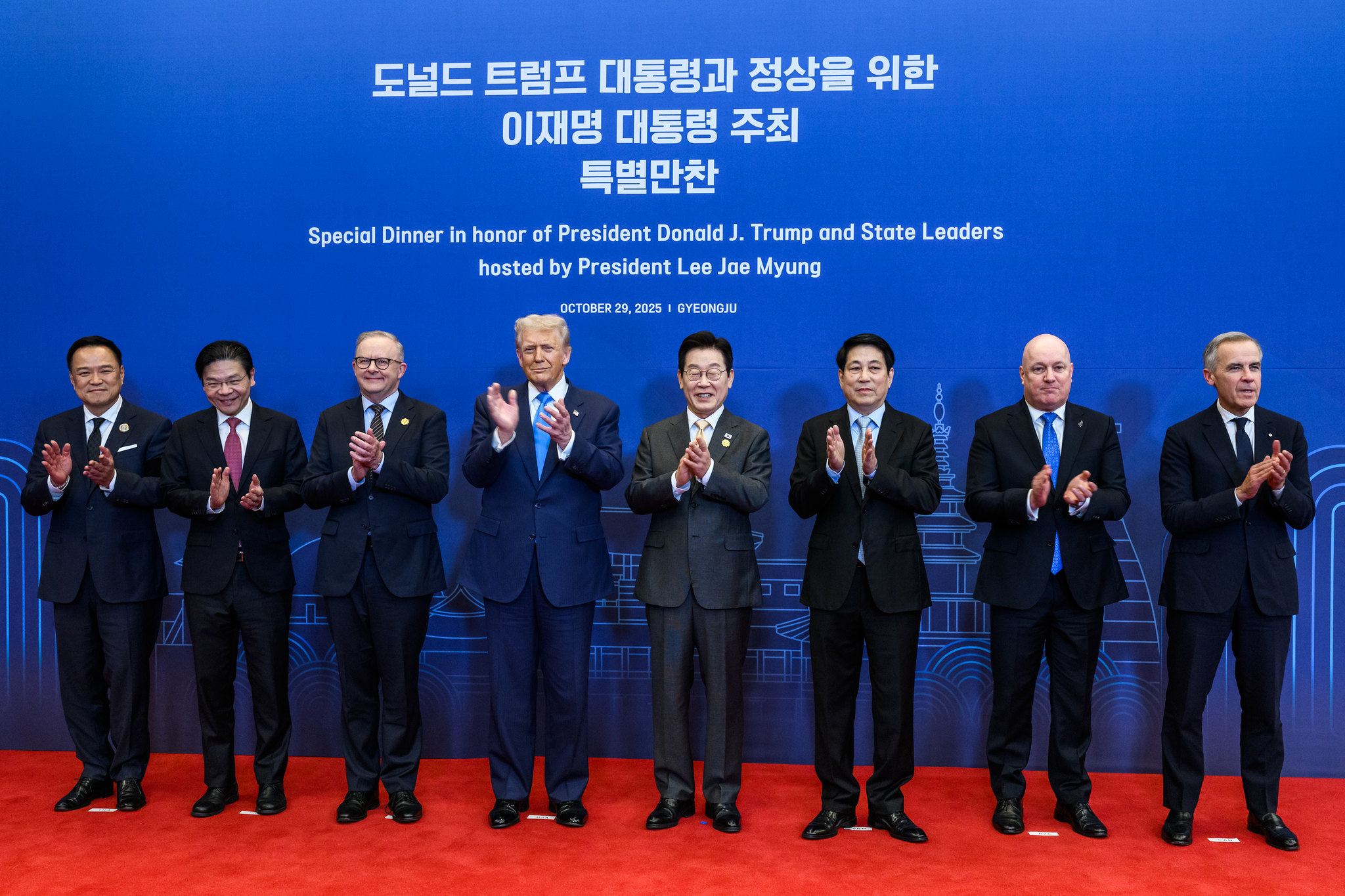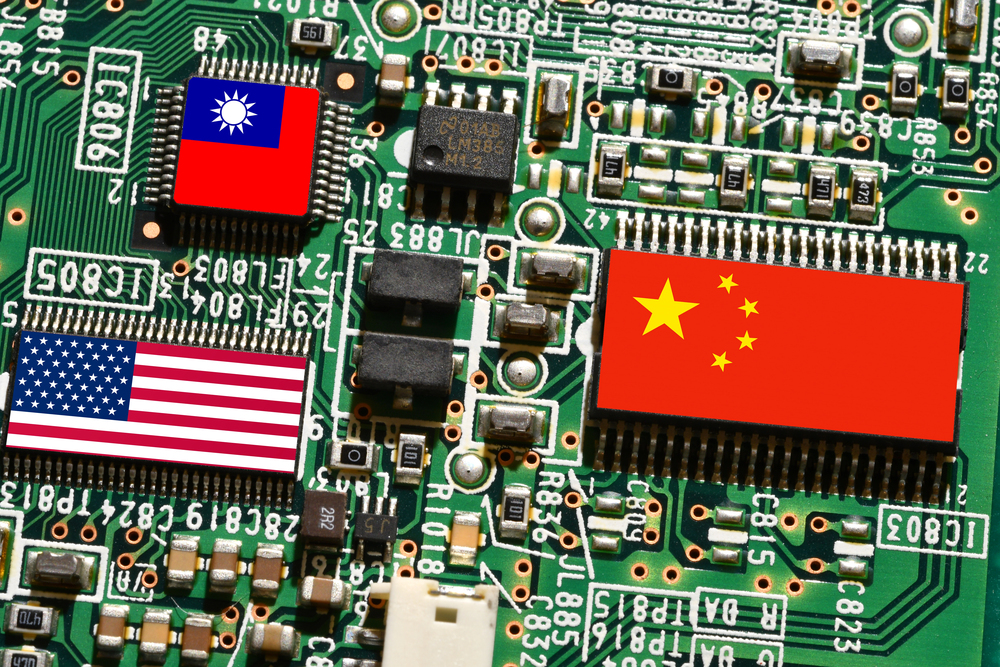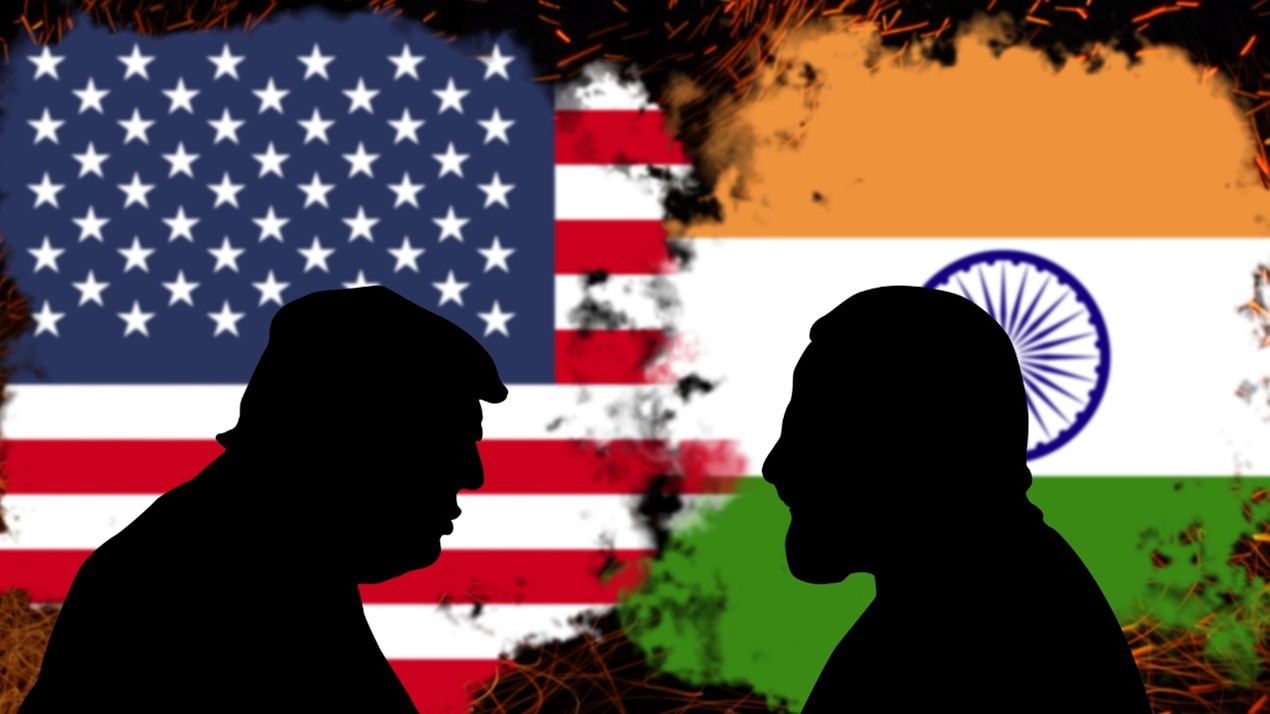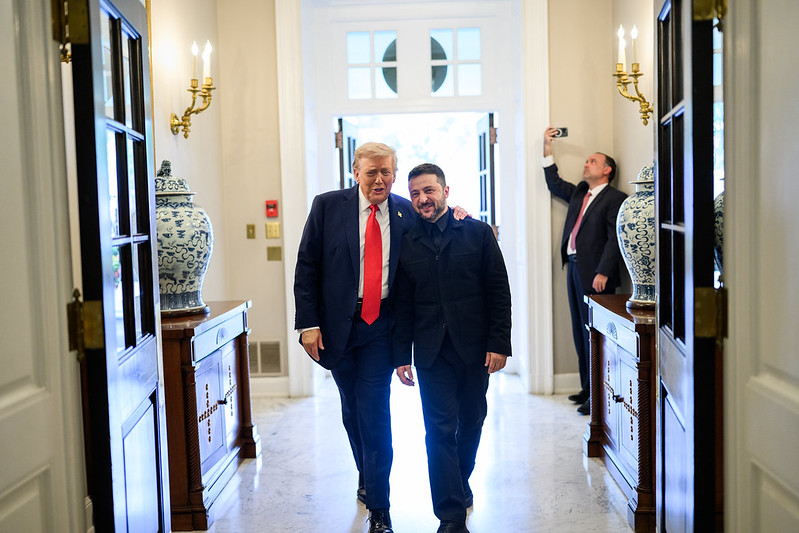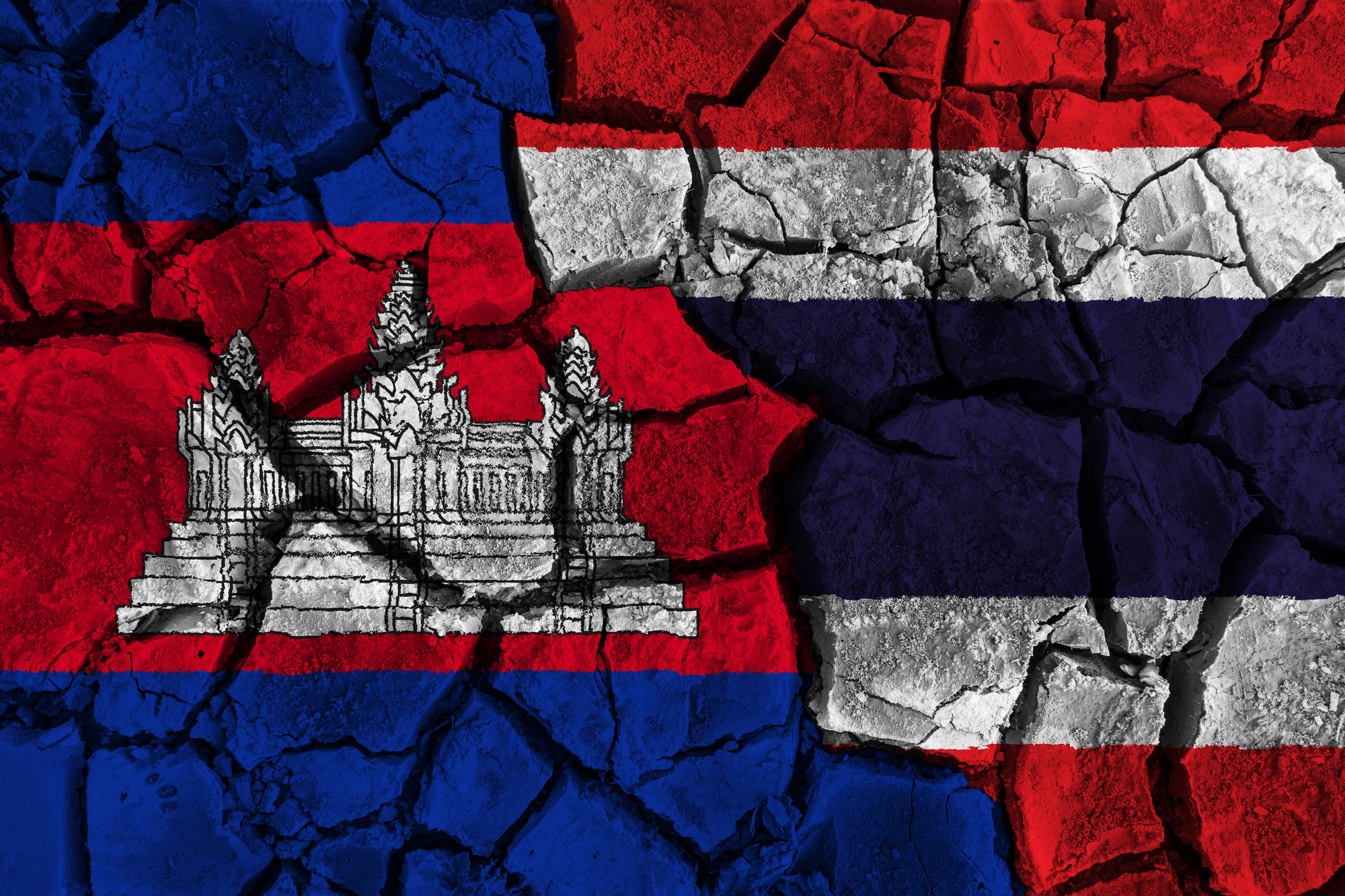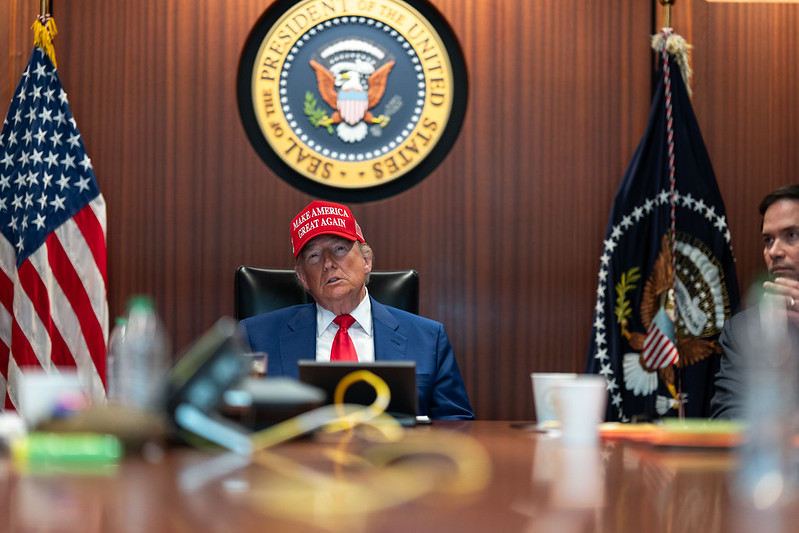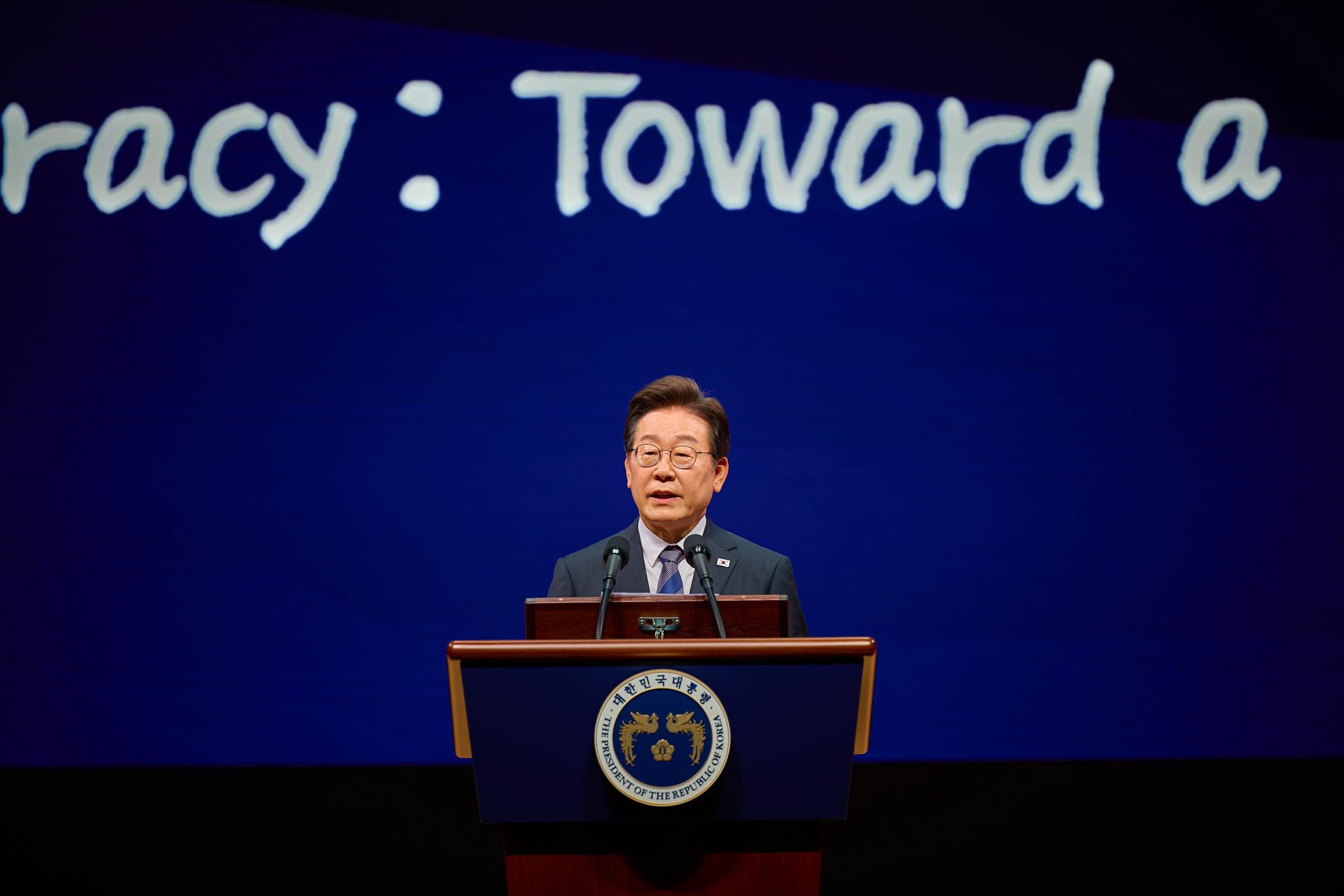Northeast Asian Security after North Korea's Joining the Winter Olympics

Chief of the National Security Office Chung Eui-yong (left) and North Korean leader Kim Jong-un shake hands after Chung delivered a signed letter to Kim from President Moon Jae-in, in the main building of the Workers Party of Korea in Pyongyang on March 5.
Resource: Jeon Han & Yoon Sojung, March 6, 2018, Cheong Wa Dae,<http://english1.president.go.kr/korea/korea.php>
Resource: Jeon Han & Yoon Sojung, March 6, 2018, Cheong Wa Dae,<http://english1.president.go.kr/korea/korea.php>
Newsletter 2018 No. 5
NortheastAsian Security after North Korea's Joining the Winter Olympics
Tung-chieh Tsai
Professor, Graduate Institute of International Politics,
National Chung-Hsing University
March 8, 2018
Professor, Graduate Institute of International Politics,
National Chung-Hsing University
March 8, 2018
A Smile Offensive Propaganda Victory
Though it is true that South Korea hosted the Winter Olympic Games, however, North Korea had the home advantage. When North Korean cheerleaders in red coats entered the South Korea's Hockey Centre, everyone in the audience took out their phones to snap a picture, because it was the first time many South Koreans had come face-to-face with their neighbors. Actually, after Pyongyang dispatched those ladies as part of its last-minute delegation, not only South Korea's media and people, in fact, almost all important media around the world also seized upon North Korea's delegation rather than the Games themselves. At the same time, according to an opinion poll, about 60% South Koreans preferred "peaceful coexistence" over unification of the two countries.
Of course, after so many years of brandishing its guns, the reason that North Korea sent roses to the Winter Olympics may be not simply as a sign of its coming to seek peace and even reunification. If that was the final conclusion, we are obviously too optimistic. It is hard to believe that Pyongyang has any intention of giving up its nuclear program or is willing to change its way of development as the world or Washington demands. Furthermore, after receiving a propaganda victory, North Korea has actually won more time and chips for facing the future.
The Background to Pyongyang's U-Turn
Anyway, we still need to know why Pyongyang decided to do so.
The first reason comes from economic considerations. North Korea has been under United Nations sanctions since 2006. In November 2017, the UN Security Council placed again new sanctions on Pyongyang that significantly choke off fuel supplies and order its citizens working overseas to return home as an escalating effort to force it back into negotiations. The new sanctions proposed by the United States were the third set imposed that year, and in fact since 2016, the UN Security Council has enacted five resolutions targeting North Korea's sources of income and trade, and not simply entities directly involved in its nuclear program.
Some observers think the sanctions on North Korea have failed so far at least, since that country still remains a dictatorship and its nuclear program has not only persisted but flourished. However, sanctions may have had some impact. In January 2018 China's Ministry of Commerce announced a cap on oil supplies and a ban on imports of steel from North Korea. This may have been the last straw since Beijing enjoys such a close economic relationship with Pyongyang.
Moreover, the second reason comes from the Trump administration.
Since early 2017, US president Donald Trump himself and his senior officials have indicated repeatedly that North Korea's leader is "unpredictable" and a threat to the US and the whole world. In seeking to rein in North Korea's nuclear program, the US has passed tougher and tougher sanctions designed to punish its economy, and has even mulled over whether to conduct a "bloody nose" strike against Pyongyang. Because of this, there is a real concern that, perhaps for the first time, there is an US administration that could take unilateral action against Pyongyang without consulting South Korea. Of course, Trump's intention may be just a "Xiang Zhuang's sword dance (項莊舞劍)," the real aim of which is China since Washington and Beijing are facing a trade war. However, the U.S. has been trying to get other countries, especially China, to squeeze North Korea's economy to make Kim Jong-Un back down from his nuclear program. Several times Trump has accused the Chinese government of knowingly breaking its commitment to sanctions.
The threat from economic sanctions and the more aggressive policy of the US, as well as under-the-table pressure from Beijing, may be why Kim Jong-Un decided to send his sister and a delegation to the Winter Olympics. It needs to be noted, though, that North Korea's Olympic initiative has stopped the mad escalation of conflict on the peninsula; it is unclear yet if it has solved the nuclear question.
The Next Step for the Peninsula
Since 1984, North Korea has carried out some 117 missile tests, more than 80 of which have been undertaken under Kim Jong-Un. In 2017 alone Pyongyang fired 23 missiles during 16 tests. This is perhaps why Trump's national security adviser, General H.R. McMaster, said that the potential for a US war with North Korea is growing each day, and the United Nations also agreed that the current security situation in the Korean Peninsula is "the most tense and dangerous" in the world today.
More than that, North Korea is increasingly close to developing a nuclear-tipped ICBM that can hit the continental US, though Kim Jong-Un must know any attack would be suicidal. However, because Seoul is just 35 miles from the border and there are 30,000 American soldiers there, conflict could kill tens of thousands and potentially draw in other regional powers, including China. For that reason, and as a "tremendous coercive economic power" over Pyongyang, China could impose more stringent sanctions against North Korea.
It needs to be noted that, though China has tried to use punitive measures against Pyongyang thereby asserting Beijing's control over an increasingly unpredictable regime-since a collapse in North Korea would result in millions of refugees flooding into China and the possibility of U.S. military intervention-yet some experts believe that getting tough on oil exports to North Korea is a red line China is not willing to cross. The result is that China in fact has only limited influence over Pyongyang, and this is why Kim Jong-Un is unlikely to scale back on his missile program.
In the visible future, it may be hard to expect economic sanctions will prove sufficient to force North Korea into entering negotiations about trading away its nuclear and long-range missile programs. Though North Korea declared that it was willing to talk with the US on denuclearization and even suspend nuclear tests after South Korea sent a delegation in early March, it is highly probable that this is merely Pyongyang's strategy for delaying time or trying to divide the enemy's camp. Nonetheless, since Pyongyang's joining the Winter Olympics created a positive atmosphere, it also offers a peaceful space for Northeast Asia. For the next step, we can only wait and see.
Related Links
Editor’s Note: The views expressed in this publication are those of the authors and do not necessarily flect the policy or the position of the Prospect Foundation.

